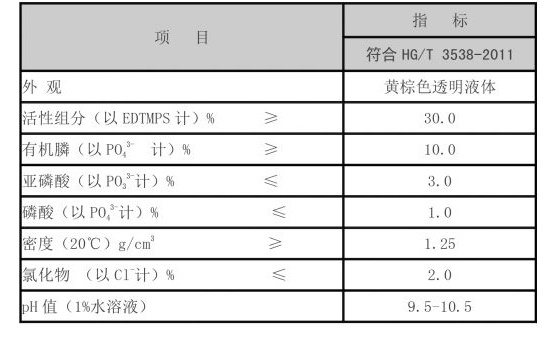corrosion scale inhibitor
Corrosion Scale Inhibitors Protecting Asset Integrity in Industrial Applications
Corrosion is a significant challenge in various industries, leading to equipment failure, increased maintenance costs, and operational downtime. One effective strategy to combat this issue is the use of corrosion scale inhibitors. These formulations not only help protect metal surfaces from corrosion but also prevent the buildup of undesirable scale. This article explores the significance, functioning, and applications of corrosion scale inhibitors in industrial settings.
Understanding Corrosion and Scale
Corrosion is a natural process where metals react with their environment, leading to deterioration. The most common cause of corrosion is exposure to moisture and oxygen, which can result in rust and pitting on surfaces. Scale, on the other hand, refers to the deposit of minerals and other compounds that accumulate on surfaces, particularly in water systems. Both corrosion and scale formation can compromise the efficiency and lifespan of industrial equipment.
The Role of Corrosion Scale Inhibitors
Corrosion scale inhibitors are specialized chemical formulations designed to mitigate the effects of both corrosion and scale. They work by creating a protective barrier on metal surfaces, significantly reducing the interaction between the metal and potentially corrosive agents. By doing so, these inhibitors help to maintain the integrity of the equipment and prolong its service life.
Mechanisms of Action
These inhibitors function through several mechanisms
1. Film Formation Inhibitors can form a protective film on the metal surface, effectively shielding it from corrosive agents. This barrier reduces the electrochemical reactions that lead to corrosion.
2. Complexation Some inhibitors work by binding with scale-forming ions in the water, preventing them from precipitating and depositing on surfaces.
3. pH Control Certain corrosion inhibitors help maintain an optimal pH level, minimizing the corrosivity of the water.
4. Biological Inhibition Some formulations include biocides that prevent the growth of microorganisms, which can contribute to corrosion and biofouling.
Types of Corrosion Scale Inhibitors
corrosion scale inhibitor

Corrosion scale inhibitors come in various formulations, catering to different industrial applications. Some common types include
- Organic Inhibitors These are derived from organic compounds and are effective in neutralizing corrosive environments. They are often used in oil and gas, water processing, and power generation industries.
- Inorganic Inhibitors Such as phosphates, silicates, and molybdates, these substances help in reducing corrosion rates and scale formation, particularly in cooling water systems.
- Hybrid Inhibitors Combining both organic and inorganic components, hybrid inhibitors can offer enhanced protection and are often tailored to specific industrial requirements.
Applications
Corrosion scale inhibitors find extensive application across various industries, including
- Oil and Gas Protecting pipelines and equipment from corrosive substances found in crude oil and natural gas production.
- Water Treatment Preventing scale and corrosion in cooling towers, boilers, and other water systems to enhance operational efficiency.
- Construction and Infrastructure Protecting steel reinforcements in concrete structures that are exposed to aggressive environments.
- Manufacturing Ensuring the longevity of machinery and equipment, reducing maintenance costs, and minimizing wear and tear.
Conclusion
The implementation of corrosion scale inhibitors is crucial for safeguarding industrial assets. By effectively controlling both corrosion and scale formation, these inhibitors not only enhance operational efficiency but also contribute to substantial cost savings in maintenance and downtime. As industries continue to evolve, the development and application of advanced corrosion scale inhibitors will play a pivotal role in maintaining the integrity of critical infrastructure and equipment. Investing in these solutions is essential for any industry looking to protect its assets and ensure long-term sustainability.
-
lk-319-special-scale-and-corrosion-inhibitor-for-steel-plants-advanced-solutions-for-industrial-water-systemsNewsAug.22,2025
-
flocculant-water-treatment-essential-chemical-solutions-for-purification-processesNewsAug.22,2025
-
isothiazolinones-versatile-microbial-control-agents-for-industrial-and-consumer-applicationsNewsAug.22,2025
-
scale-inhibitor-key-solutions-for-water-system-scale-preventionNewsAug.22,2025
-
organophosphonates-versatile-scale-inhibitors-for-industrial-water-systemsNewsAug.22,2025
-
scale-and-corrosion-inhibitor-essential-chemical-solutions-for-water-system-maintenanceNewsAug.22,2025





